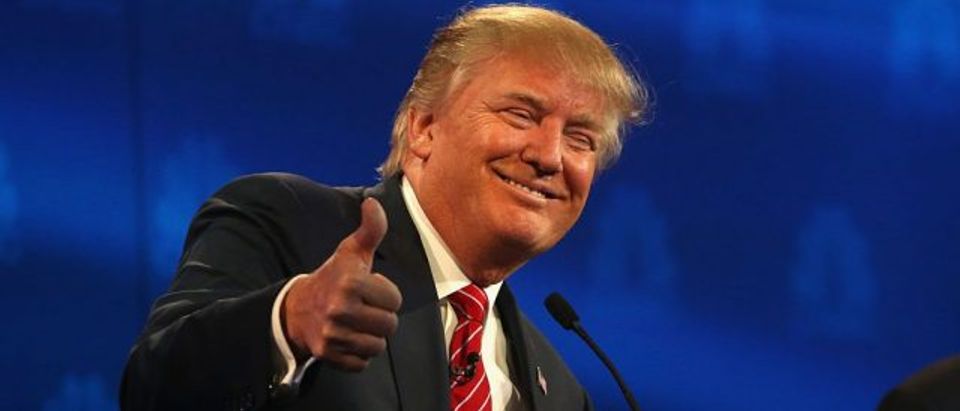The Republican nominee might have finally gone too far. Until now, the more he was condemned outrageous statements, the more he seemed to thrive. But saying that Judge Gonzalo Curiel’s Mexican ancestry disqualifies him from presiding over a Trump University trial seemed to galvanize the country against Trump. Even Newt Gingrich, a possible Trump Vice President was critical.
I do agree that Trump’s words were inappropriate and odious. Nevertheless, there is a kernel of truth to Mr. Trump’s allegation that Judge Curiel may be biased in this particular instance.
Those who know their Bible tales may remember the story of the five sisters who challenged Moses for their inheritance (Numbers, 27). In the course of their discussion, the women mentioned that their father did not side with Korach against Moses 40 years earlier. (Korach is the one who challenged Moses’s authority and was swallowed up by the earth [ibid. Chapters 16 and 17].) The Bible writes that Moses did not rule on their argument. Instead, “He brought their case before God.”
Why didn’t Moses handle their case himself? Why did he feel it necessary to defer to God on this matter? Rabbi Bachya ben Asher of Spain (1255-1340) explains: When two litigants come before a judge and one is allowed to heap words of praise upon the judge, it is considered “bribery of words.” Having accepted this bribery, the judge can no longer be entirely impartial. Their father’s public support for Moses forty years before was likened to words of public praise. So Moses recused himself and asked God to rule on the matter. (And God indeed sided with the sisters against Moses.)
Moses was a person of wisdom and truth. The Ten Commandments he presented at Mount Sinai 3,000 years ago endure to this day as a cornerstone of Western Civilization’s moral compass. Yet Moses accepted that when serving as a judge, his own attitude could be subconsciously altered by something that took place with a litigant’s parent even 40 years earlier. As a result, due to his honesty and humility, Moses refused to rule on this case.
One argument made on behalf of Judge Curiel presiding over the Trump U trial is that he was born in the U.S. — he is an American, not a Mexican, so he won’t be insulted by Donald Trump’s anti-Mexican rants. It is a fallacious argument; being born here does not remove the possibility of personally identifying with one’s heritage. To illustrate — many black people consider themselves African-Americans even though their families have been in the U.S. for centuries. Certainly, when pundits and newscasters discuss the Hispanic vote they are also referring to American born Latinos, not just those born abroad. Presumably, sees himself as both a proud American success story and a proud Hispanic as well; the two are not mutually exclusive.
Trump didn’t just attack Mexicans in general. He pointedly criticized Judge Curiel on a personal level and threatened to file a civil suit against the judge if he gets elected. The notion that a judge is automatically above personal bias and prejudice as a consequence of his investiture is just not how we human beings are wired.
Indeed, ethnicity should never become an absolute legal criterion for whether a judge can preside over a case. For, as one editorial on the subject put it, “That truly is an attack on the independence of the judiciary because it means that a judge can be disqualified from a case merely for his personal background, rather than for any material conflict of interest.”
I nonetheless feel that in light of all that has transpired surrounding this particular case, Judge Curiel should voluntarily recuse himself from this case … just as Moses did 3,000 years ago in the biblical example. It would be a function — not of weakness — but of noble and impeccable judicial integrity.


